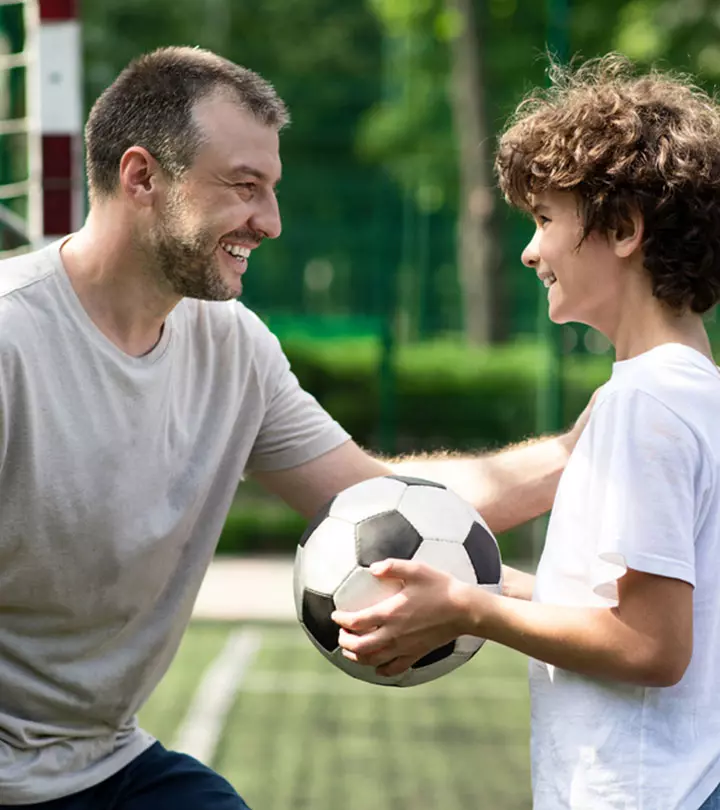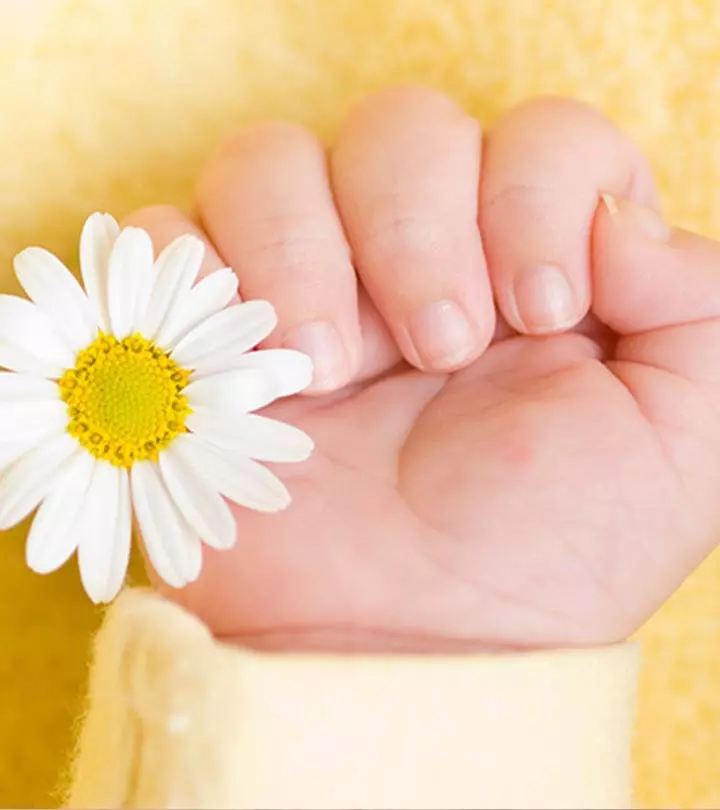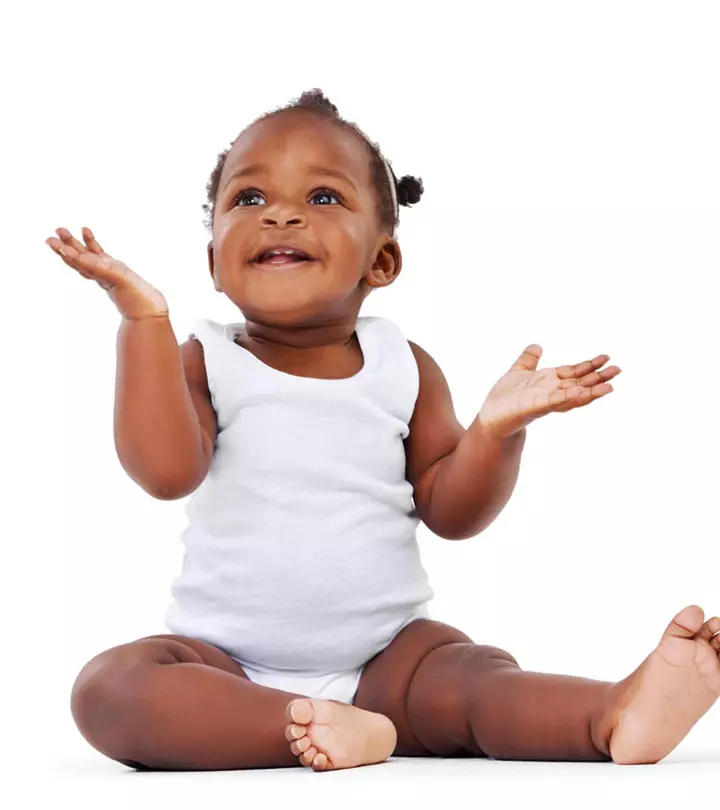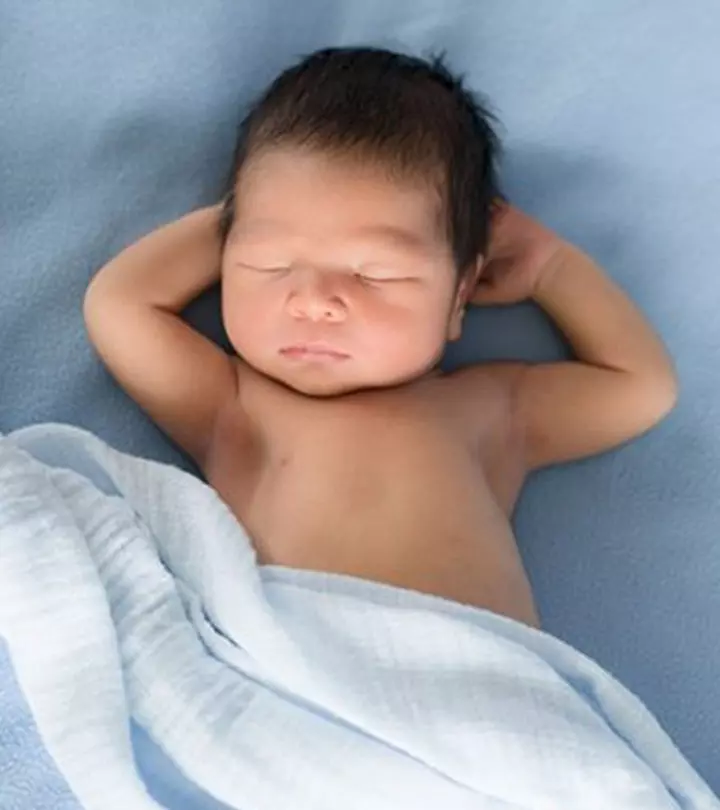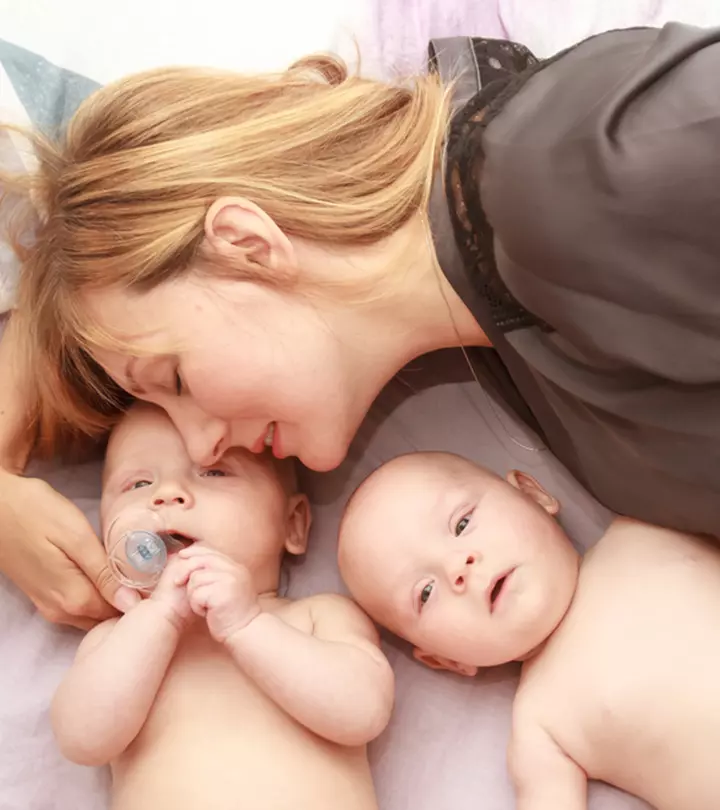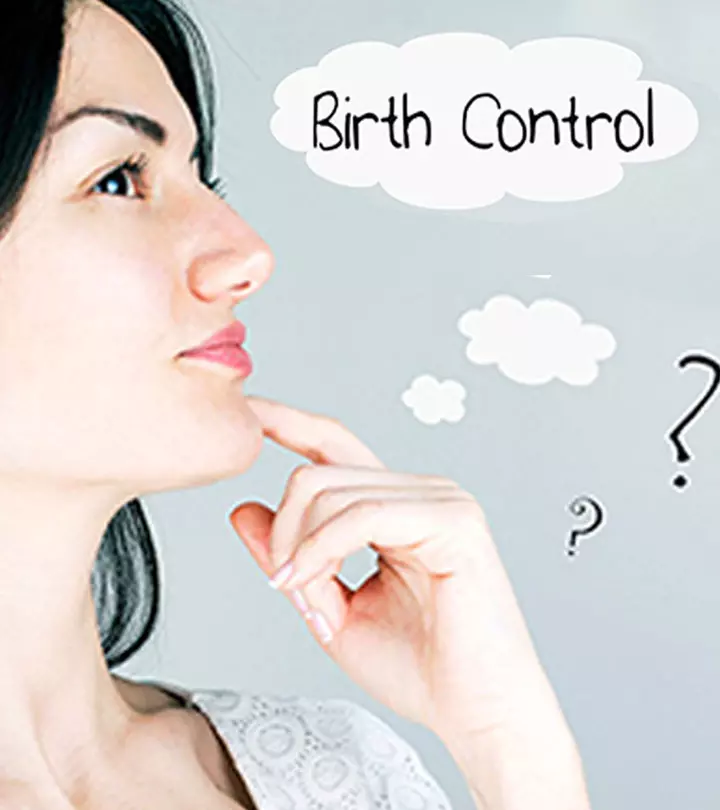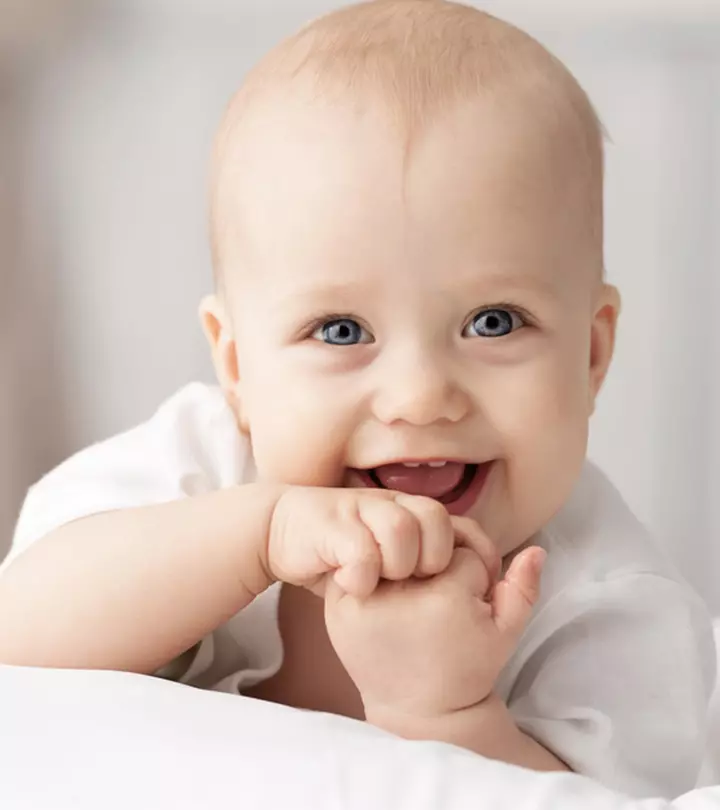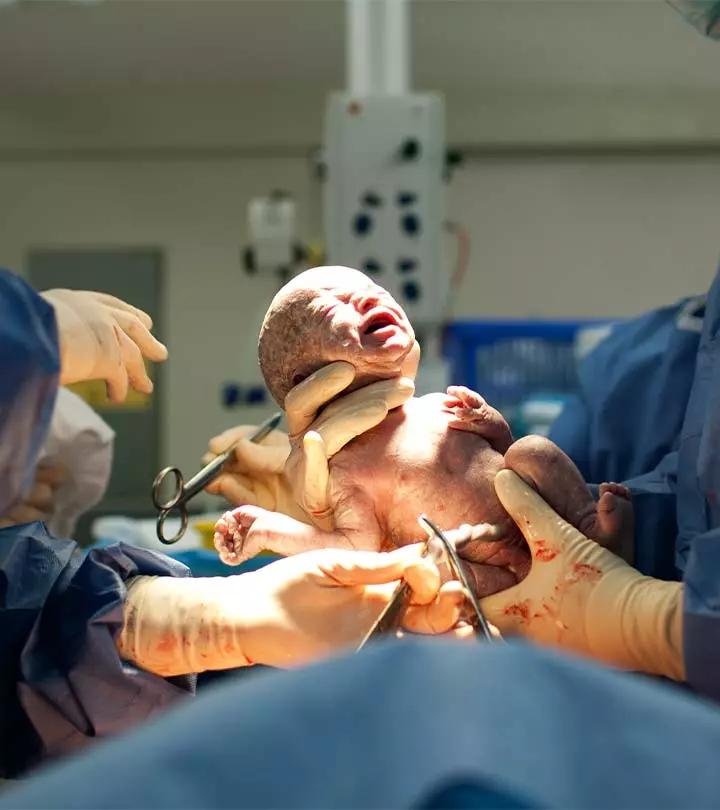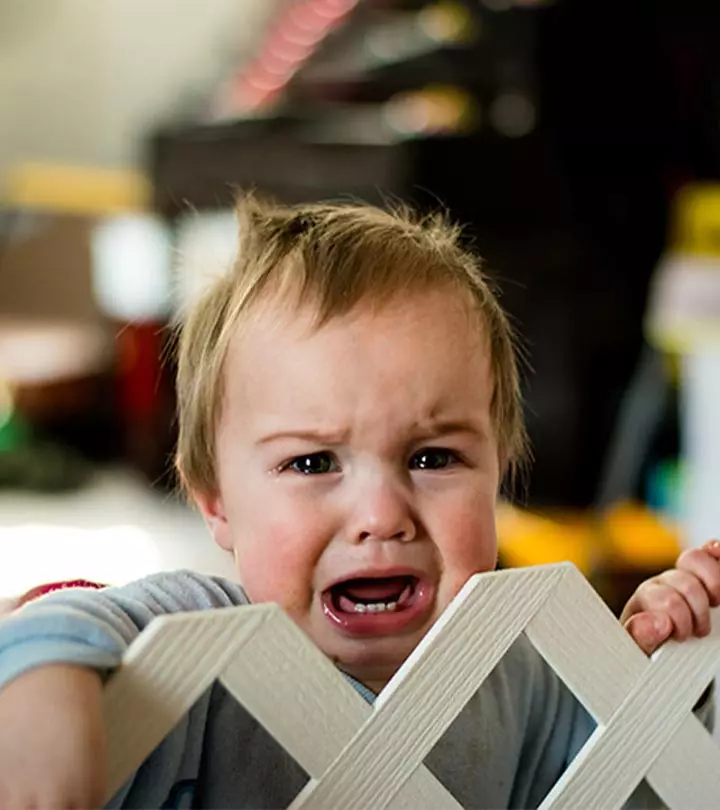

Image: iStock
Babies may not have to pay bills and take care of the house. But did you know that they too get stressed out? You read that right.

If you thought babies cannot be stressed and just feed and sleep, perhaps you need to change your notion about it. Their life is not as stress-free as you thought. Why, you may ask.
A baby is not independent enough to take care of himself, and this is the first stress factor. Here we list out a few other factors and how you can prevent stress in your baby.
So What Stresses Babies Out?
A newborn baby is dealing with survival instincts. This means that the baby feels secure and safe when close to the mother or caregiver, and experiences fear and stress when away from them. The baby may sense potential danger when he is alone. This is because he lacks the ability to pacify or soothe himself.
In the initial few months, your baby is in the learning phase, trying to adapt to the life outside the secure cocoon called the womb. His brain is growing. He is gradually learning how to regulate emotions and his hormones that are perpetually adjusting and sensitive to changes. So, when your baby is hungry, scared, or alone, his response can be stressful. If your baby is overtired and he doesn’t get help in calming down, he stresses out.
Remember that a crying baby does not always mean a stressful baby. A stressed out baby could stop crying to conserve his energy. But the stress hormones are still flowing through.
Crying is the only means of communication in babies. When the baby cries or is fussy, it’s his way to express his need for something. Don’t stress out thinking that all crying is harmful.
Why Is Stress Harmful To Babies?
Stress is harmful to adults and babies alike. In fact it can be dangerous for babies as it affects the development of their brain, growth, and even emotional regulation (1).
A weakened biochemical environment results in poor emotional, behavioral, and intellectual abilities in the child that last a lifetime. An infant whose brain development happens in a stressful environment tends to overreact to stress.
When the mother or the caregiver fails to give the baby warm touches or ignores the baby, he suffers from increased stress hormones and benefits less from oxytocin and other positive chemicals.
When animal findings (2) were correlated with human research, it was seen that certain events such as isolation from the mother, lack of breastfeeding, not offering comfort when the child is stressed, reduced skin stimulation, and allowing ‘cry it out’ led to chronic stress and permanent consequences on the brain development.
How Can You Prevent Stress In Babies?
No mother wants a stressed out baby. Here’s how you can prevent stress in babies (3):
- Create a secure bond between you and your baby
- Pay special attention and give nurturing touch while breastfeeding and during the day
- Answer promptly when your baby cries
- Support him gently during sleep
- Watch out for signs of overstimulation and adjust your baby’s environment accordingly
- Support him gently while sleeping
It may not be easy to understand when babies are stressed but as parents, we can work towards it. This would help the parents relax as well as have an unfettered growth of the baby. So, what did you do to de-stress your baby? Do let us know by commenting below.
Community Experiences
Join the conversation and become a part of our nurturing community! Share your stories, experiences, and insights to connect with fellow parents.
Read full bio of Kalpana M


